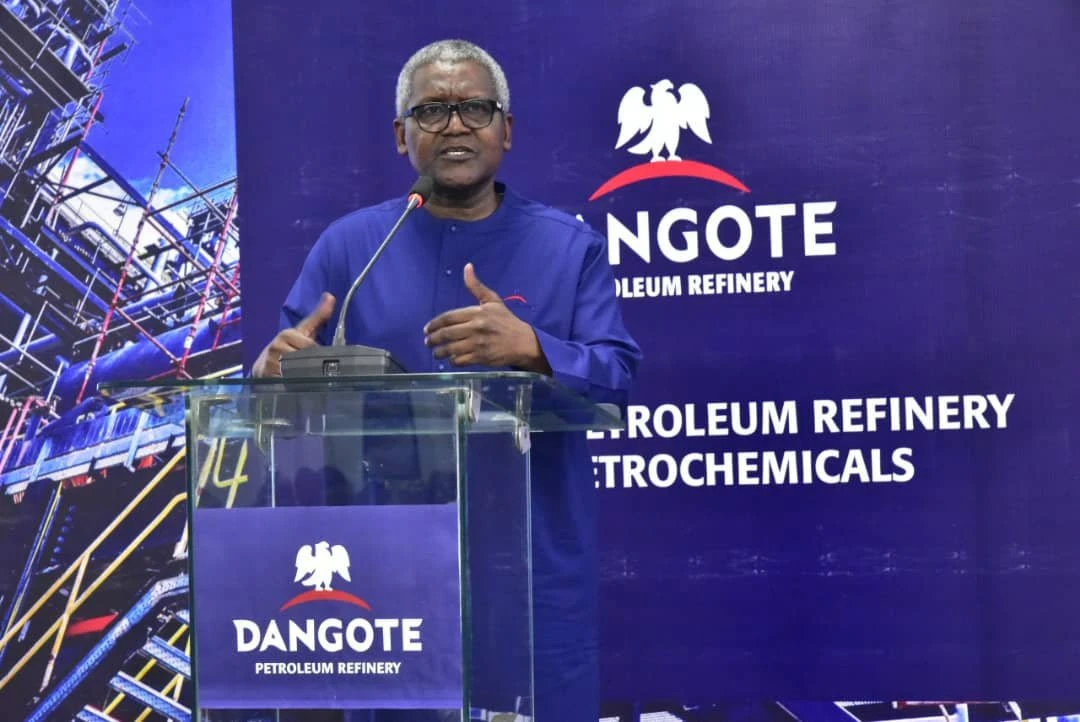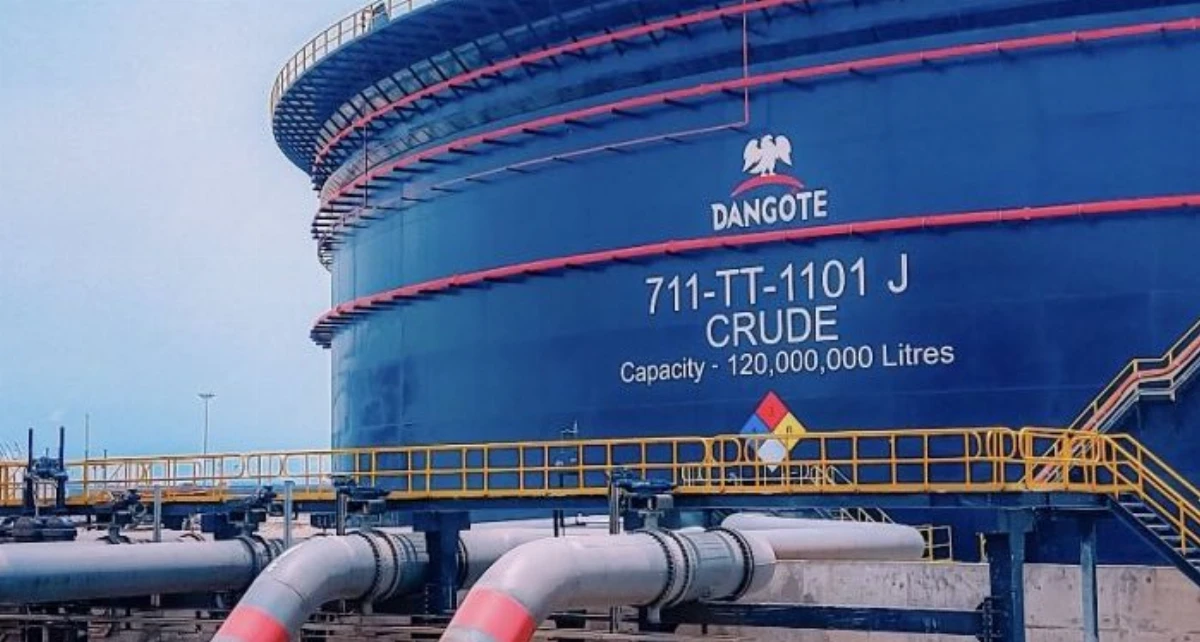The journey of the Dangote Refinery, from challenges to operations, and its impact on Nigeria's energy independence.

The Dangote Refinery, one of Africa's most ambitious industrial projects, has captured global attention since its inception. With a capacity of 650,000 barrels per day, it was envisioned as a game-changer for Nigeria’s energy sector.
However, the journey has been fraught with challenges, from crude oil supply issues to allegations of monopolistic practices. Despite these hurdles, the refinery's role in Nigeria's quest for energyindependence cannot be overstated.
Before the latest developments, the company held a press briefing on July 15, 2024, at which the business magnate Aliko Dangote clearly stated their challenges and lamented bitterly. Fast-forward to September, when the refinery began operating.
Challenges in Crude Supply

One of the most significant obstacles the Dangote Refinery faces is securing a steady supply of crude oil. The facility, designed to meet Nigeria's entire liquid fuel demand and have surplus for export, has struggled to source crude locally.
International Oil Companies (IOCs) operating in Nigeria have been accused of deliberately frustrating the refinery’s efforts to purchase local crude. According to Devakumar Edwin, Vice President of Oil and Gas at Dangote Industries, the IOCs have either hiked prices above market rates or claimed unavailability, forcing the refinery to import crude from the United States at higher costs.
In response to these challenges, the refinery issued a tender for an additional 11 million barrels of US crude to ensure uninterrupted operations. This reliance on imported crude underscores the broader issue of domestic supply shortfalls, which has significant implications for the refinery's profitability and Nigeria's overall energy security.
Monopoly Allegations and Dangote’s Willingness to Sell
In July 2024, Aliko Dangote, Africa’s richest man and the driving force behind the refinery, expressed frustration over accusations of monopolistic practices. In a candid interview, Dangote offered to sell the refinery to the Nigerian National Petroleum Company (NNPC) if it meant putting an end to the monopoly allegations. He emphasized his commitment to Nigeria’s development and stated that his primary goal was to help resolve the country's long-standing fuel crisis.
Dangote’s willingness to sell the refinery to the NNPC highlights the complex dynamics between private enterprise and government in Nigeria's energy sector. The refinery was initially seen as a solution to Nigeria’s dependency on imported refined products, but regulatory and market challenges have complicated its operation.
The Refinery’s Economic Impact

The Nigerian government and industry experts remain optimistic about the refinery’s potential to transform the country’s energy landscape. The refinery’s capacity to produce 25 million litres of petrol daily, with plans to increase to 30 million litres by October 2024, is expected to significantly relieve the local market.
Moreover, the refinery’s operations are expected to create numerous jobs, reduce the demand for foreign exchange to import petroleum products, and ultimately position Nigeria as a net exporter of refined products.
The Nigerian Midstream and Downstream Petroleum Regulatory Authority (NMDPRA) has also confirmed that crude sales to the refinery will be conducted in local currency, a move that could stabilize the naira and support the broader economy.
The Dangote Refinery’s journey is emblematic of the broader challenges facing Nigeria’s economic sector. It reflects the tension between local production and international market forces, the delicate balance between private enterprise and government regulation, and the ongoing struggle to achieve energy self-sufficiency in a resource-rich country.
As the refinery begins full operation, its successful operation could mark a turning point for Nigeria, reducing the country’s reliance on imported fuel, strengthening its economy, and enhancing its energy security.
Conclusion
The Dangote Refinery represents both the promise and the perils of large-scale industrial projects in emerging markets.
While challenges remain, particularly in securing local crude supply and navigating regulatory hurdles, the refinery’s potential to transform Nigeria’s energy sector is undeniable.
As the refinery continues to scale its operations, it will play a pivotal role in shaping Nigeria’s energy future, providing a critical test case for the country’s industrial ambitions.

